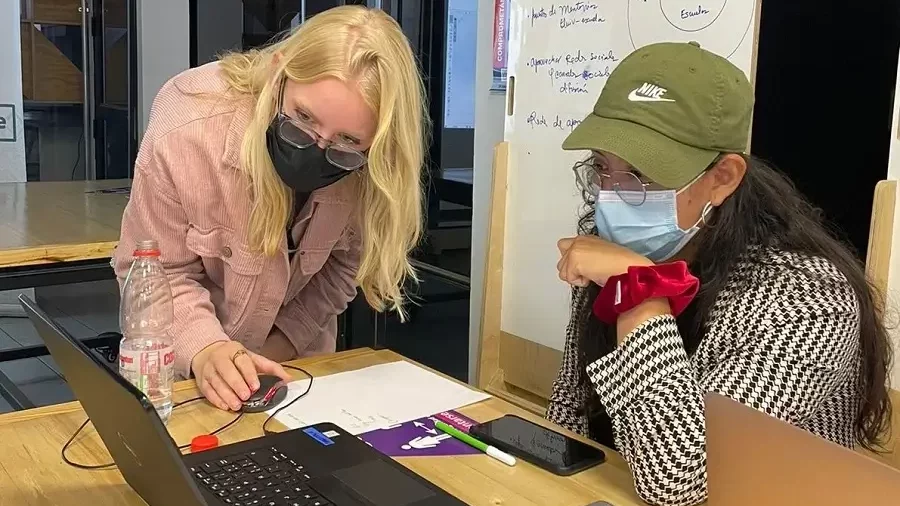Explore Adelante Winery Program
(Click here for General FAQs that pertain to ALL Adelante Abroad Programs. Things such as eligibility, airfare, academic credit, insurance, payment questions which are the same for all programs.)
I. Is it possible to get a paid winery internship abroad?
Unlikely. It is difficult to get a work visa for Chile (where we offer winery internships), without a pre-existing employment contract. Kind of like the chicken or the egg dilemma: you can’t get a work visa without a job offer and you can’t get a job without having a work visa. Because of this, most internships are part-time, unpaid and should be looked at as an integral part of your degree and education. In fact, internships abroad really are the one thing that makes a modern degree relevant. Experiential learning in the form of working in a winery abroad bounces HIGH on a Resume, so even though you won’t be getting paid, you will be investing in your future earnings with this kind of hard-to-get, hands on international work experience showing up on your CV.
II. Is it possible to get some expenses paid in a winery internship abroad?
Likely. Wineries tend to not be in city centers, given the amount of acreage required to grow and harvest the grapes. So, participating wineries will sometimes offer ride-sharing, or bus passes covering RT transportation each day. For the same reasons, it is difficult to just nip down the street to a café for lunch, so meals are sometimes also included for the interns.
III. What are the best destinations for a winery internship?
CHILE!! Producing some of the best wines in the world for over 400 years, these wineries are established and varied. Mom-and-pop and Organic wineries operate next to large international exporters. It has become a big part of Chile’s tourism too, so wine tastings and tours and even the ability to have Weddings on-site are getting more common which means winery interns are exposed to a huge variety of duties and projects.
IV. What are the primary benefits of a winery internship abroad?
Viticulture and the winery industry by nature are international. You might work in Seattle or Austin, but be serving or procuring wine from Australia and Chile. Knowing and being a part of how their bottling, harvesting, picking, internal and government regulations and so much more, actually works on-site, abroad, is invaluable. This kind of information is literally impossible to obtain staying home and working locally. Add to that all the other power skills interning abroad builds: resiliency, humility, solution-orientedness, cross cultural competencies, communication skills in two languages.
V. Are there good summer winery internships abroad?
Summer in Chile is December – February and actually is not the best time to do a winery internship. Our early summer months of April – June are when harvest season is. Think Festivals and Tastings and really getting to know Chilean wineries and their wines. The most common grapes grown are the Cabernet Sauvignon and the Bordeaux. Outside of harvest season, there is pruning season in July and August. Bottling goes on throughout the year depending on the size of the winery.
VI. How do I know if I qualify for a winery internship abroad?
Successful candidates in this sector do not require a lot of past viticulture or winery experience – we know that is hard to come by. Chilean wineries look for fast learning capabilities and the ability to interact with winery staff at all levels and with visitors. Since wine properties are large and located in growing valleys and regions, and not in city centers, candidates have to be flexible with commute times and possible shift changes to accommodate distances. A love of agriculture, some sense of business and ideas of palates help too. A low intermediate level of Spanish, minimum, is required.
Explore Our Winery Internship Programs








